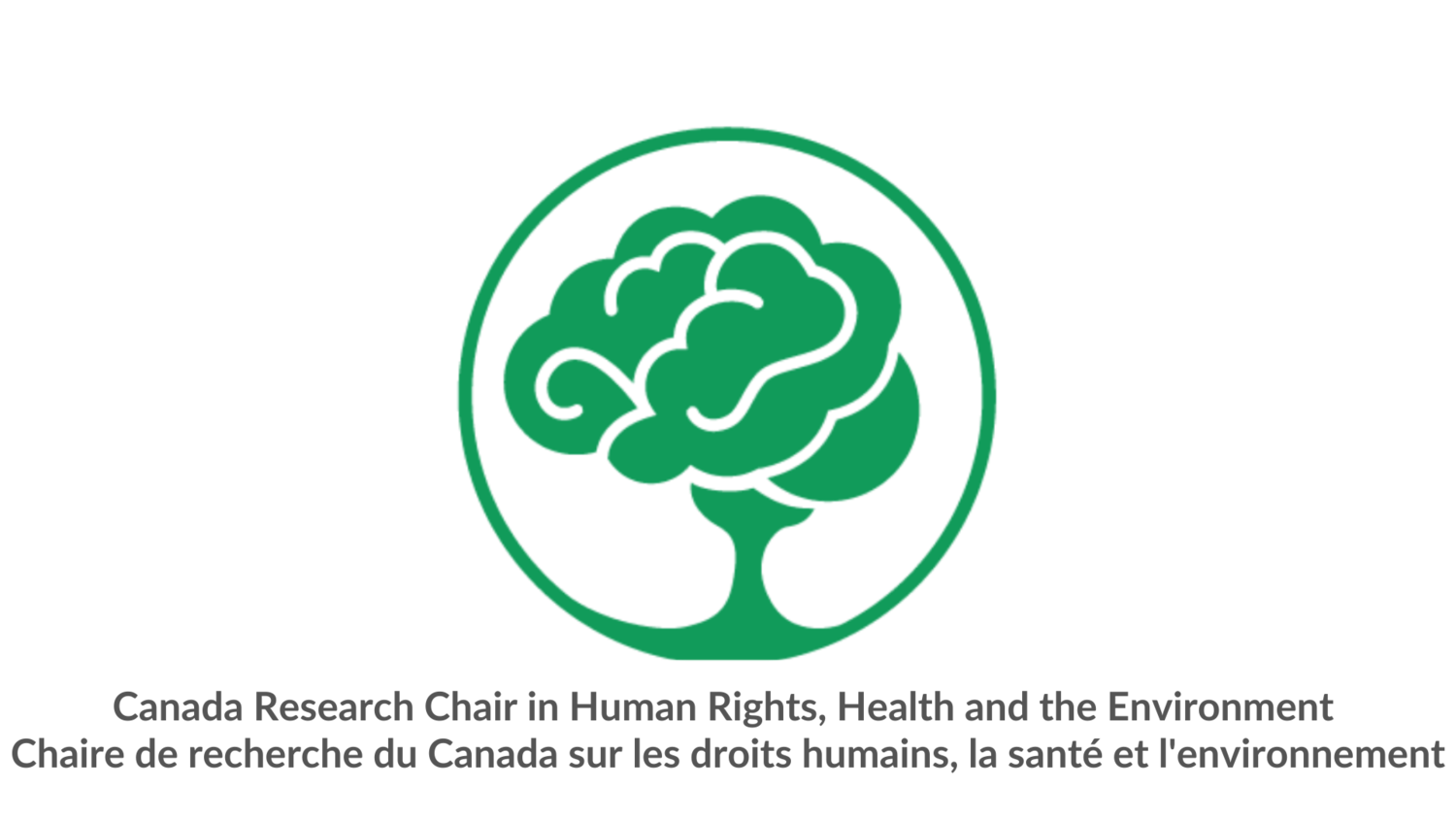Sébastien Jodoin, along with two former research associates, Shannon Snow and Arielle Corobow, has co-authored a new article in the latest issue of the Law & Society Review:
Our article provides an in‐depth analysis of the framing processes and outcomes associated with a petition submitted by Inuit communities in the arctic on the human rights violations caused by climate change before the Inter‐American Commission of Human Rights in 2005. Drawing on semi‐structured interviews conducted in two different Inuit communities in Canada that have ties to the petition and with lawyers and activists in the transnational climate justice movement, we process‐trace the role that the petition has played in promoting discursive and collective action frames related to the recognition of the “right to be cold.” We argue that the Inuit petition articulated a novel “climate rights” frame through an innovative combination of legal argumentation, scientific research, and the oral testimony of Inuit communities concerning the ways in which climate impacts were affecting their human rights and traditional practices. Our findings reveal that the resonance of this frame has varied significantly among different actors, influencing the ideas and strategies of climate activists and lawyers around the world, but having limited resonance among policymakers in the United States or Canada or among Inuit communities themselves. Our research thus speaks to the complex challenges and ethical responsibilities that must be addressed in initiatives that seek to draw on international human rights law to influence policy decisions and empower Indigenous communities in the context of climate change.





